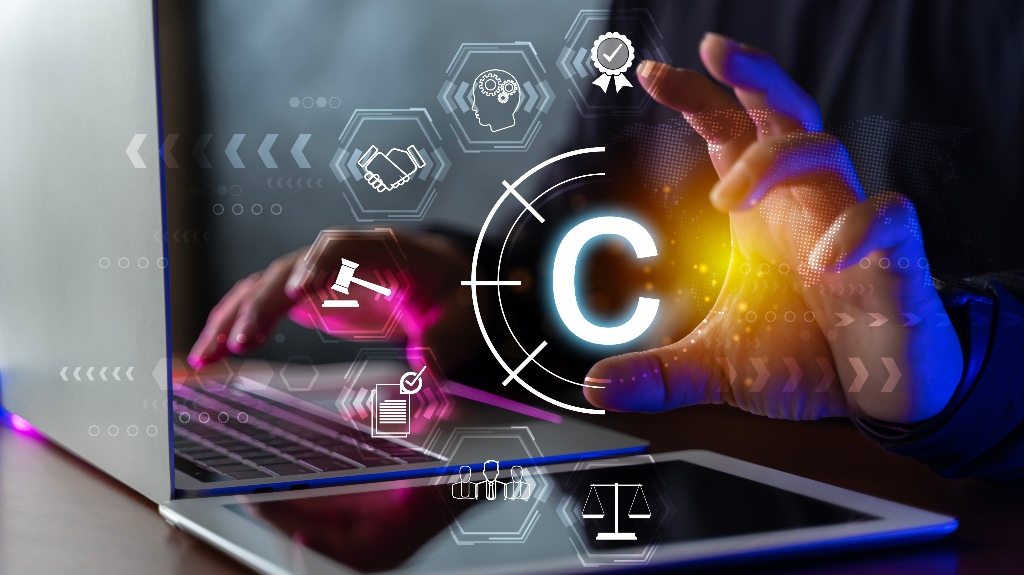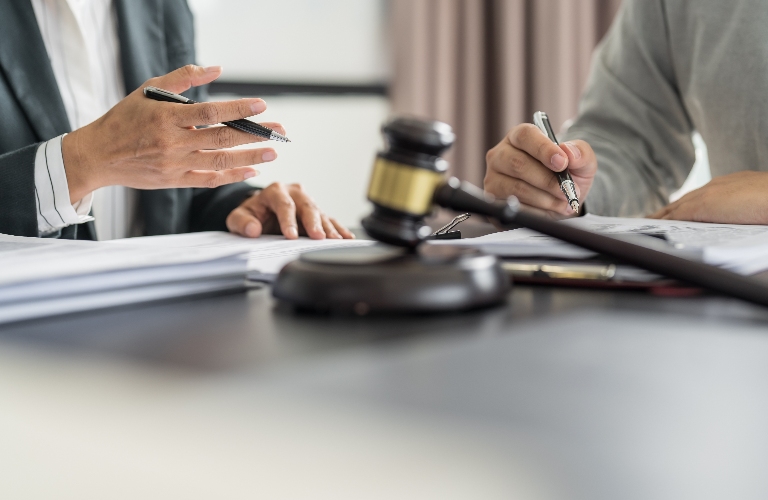
If you’ve ever poured hours or years into creating something original, you know how personal that work feels. Whether that is a painting, a photograph, a book, a song, or a website design, your creation represents your ideas, time, and vision.
Seeing someone else use your work without permission can feel like more than just a minor annoyance. It can feel like theft. Fortunately, copyrights exist to protect you. This gives you legal rights over your creations and gives you the power to decide how your work is used. Here is what you need to know about understanding copyright.
How Does Copyright Work?
Copyright is a type of intellectual property protection. This applies to original works of authorship fixed in a tangible medium. In short, if you create something original and capture it by writing it down, recording it, photographing it, or saving it to your computer, you automatically own the copyright to that work.
Unlike trademarks or patents, you do not need to file any paperwork for copyright protection to exist. The moment your original creation is “fixed,” you hold the rights to it. With that, no one else can legally copy, distribute, perform, display, or create derivative works from your creation without your permission.
However, there is an important caveat: while copyright arises automatically, registering your work with the U.S. Copyright Office gives you a stronger legal hold on your work. With a registered copyright, you can sue for statutory damages and attorney’s fees if someone infringes your rights. Along with that, it provides a public record of your ownership. This can help if any disputes ever develop.
Copyright and Creators
Like it or not, we live in a digital age where sharing content is as easy as clicking a button. This makes protecting your creative work more important than ever. Without copyright, someone else could use your photography for their marketing campaign, repost your blog content without attribution, or sell merchandise using your artwork without your consent.
Copyright allows you to maintain control. You can decide whether to license your work, set guidelines for how it is distributed, and choose the terms. Plus, you have the ability to stop others from profiting off your efforts without giving you credit or compensation.
What Can and Cannot Be Copyrighted?
Keep in mind that not every idea or concept is protected by copyright. The work must be original and fixed in a tangible medium. That can include:
- Books
- Poems
- Photographs
- Music compositions
- Paintings
- Films
- Software code
Copyright does not extend to ideas, facts, methods, or short phrases. For example, you cannot copyright the concept of a love story, but you can copyright the specific one you wrote.
What Are Some Misconceptions About Copyright?
Many people believe it is free to use if something does not have a copyright notice. That’s not true. In the United States, copyright protection is automatic. A work is protected even if no “©” symbol exists on it.
Another common myth is that changing someone else’s work, such as altering a photograph or remixing a song, makes it your own. Unless your changes are substantial enough to qualify as a completely new, original work, they could still infringe on the original creator’s rights.
Protecting and Enforcing Your Rights
Even though copyright protection is automatic, there are steps you can take to strengthen your rights. Registering your work with the U.S. Copyright Office is one of the best ways to protect yourself. This creates a legal record of your ownership. Plus, you can seek remedies like statutory damages and attorney’s fees in infringement cases.

If you discover that someone is using your work without permission, that doesn’t mean heading straight to court. A polite but firm cease-and-desist letter is often enough to resolve the situation.
For online infringement, you can file a Digital Millennium Copyright Act (DMCA) takedown notice with the website or platform hosting the infringing content. But in more serious cases, or if the infringer refuses to stop, you may need to take legal action to enforce your rights.
Protect Your Works Through Copyright
Now that you understand copyright, you can take steps to protect your creations. Copyright helps protect what you’ve built and gives you control over how your work is shared, licensed, and monetized.
If you have questions about copyright or need help protecting your intellectual property, reach out to Iconic Inc. We can help you take the steps to secure your creative works. Schedule a consultation today.
